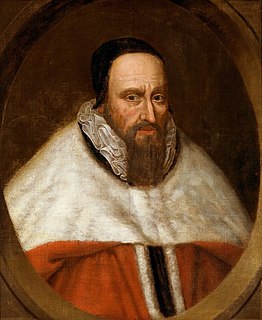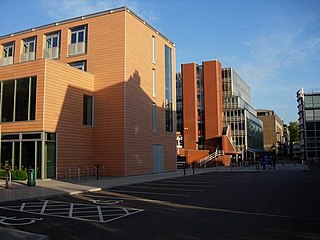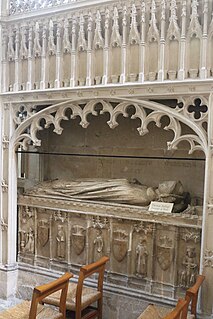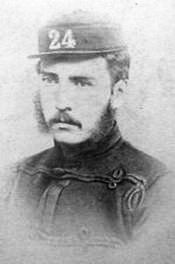This page is based on this
Wikipedia article Text is available under the
CC BY-SA 4.0 license; additional terms may apply.
Images, videos and audio are available under their respective licenses.

This is a list of the colleges within the University of Cambridge. These colleges provide most of the accommodation for undergraduates and graduates at the University and at the undergraduate level they have responsibility for admitting students to the University and organising their tuition. They also provide funding, accommodation, or both, for some of the senior research posts in the University. They are self-governed charities in their own right, with their own endowments and possessions. Until the mid-19th century, both Cambridge and Oxford comprised a group of colleges with a small central university administration, rather than universities in the common sense.

John Caius, also known as Johannes Caius and Ioannes Caius, was an English physician, and second founder of the present Gonville and Caius College, Cambridge.

William Branthwaite D.D. was an English scholar and translator.

Trinity Street is a street in central Cambridge, England. The street continues north as St John's Street, and south as King's Parade and then Trumpington Street.

Trinity Lane is a street in the centre of Cambridge, England. The lane leads off Trinity Street.

West Road is located in western Cambridge, England. It links Grange Road to the west with Queen's Road to the east. The road is north of Sidgwick Avenue and the Sidgwick Site, a major site of the University of Cambridge, currently under redevelopment. Facilities on West Road include the Cambridge University Faculty of Law, the Faculty of Music, the Faculty of English and the Department of Anglo-Saxon, Norse and Celtic, and the West Road Concert Hall.

John Gostlin or Gostlyn MD was an English academic and physician, Master of Gonville and Caius College, Cambridge from 1619 and Regius Professor of Physic.
Spencer Cecil Carpenter, was an Anglican priest and author. He was the Dean of Exeter in the Church of England from 1935 to 1950.
William Rougham was the second master of Gonville Hall, Cambridge from c. 1360. He had been a fellow of the college since the 1350s and was Bachelor of Medicine by 1366. He was also a priest with livings in the Diocese of Norwich and was personal physician to Henry le Despenser, Bishop of Norwich.
Thomas Bacon was the fifteenth master of Gonville Hall, Cambridge from 1552.
Physwick or Fishwick Hostel is a former constituent of The University of Cambridge located on the south side of the present Trinity Great Court, between the Queen’s Gate and Trinity Street. It was founded in 1393 when William Fiswick, the first esquire or armiger bedel of the university, bequeathed his Trinity Lane hall to Gonville Hall.

The Very Reverend Dr Thomas Boleyn, also known for ease as Thomas Boleyn II, was the Master of Gonville Hall, Cambridge from 1454 to 1472. He was the eldest surviving son of Geoffrey Boleyn yeoman of Salle, Norfolk and brother of Sir Jeffery Boleyn, Lord Mayor of London. He was also the great grand uncle of Anne Boleyn, Queen consort of England.

Sir John Ellys or Ellis (1634?–1716) was an English academic, Master of Gonville and Caius College, Cambridge from 1703.
John Forbes Cameron was a Scottish mathematician, academic and academic administrator. He was Master of Gonville and Caius College, Cambridge from 1928 to 1948 and was Vice-Chancellor of the University of Cambridge from 1933 to 1935.
William Buckenham was a 16th century priest and academic.
Henry Costessey, B.D. was a priest and academic in the 15th century.










